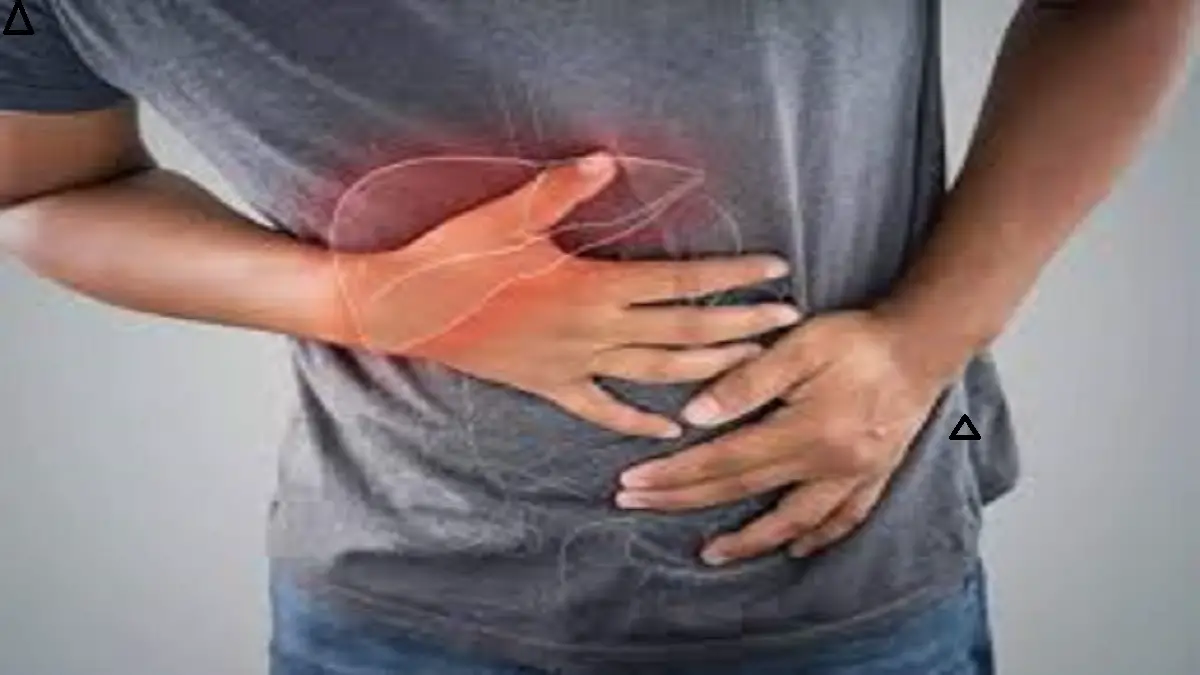The liver is one of the most vital organs of the body, playing a crucial role in numerous physiological processes including digestion, metabolism, and blood detoxification. Unfortunately, liver health is often overlooked, especially when lifestyle and dietary habits are compromised. Since the liver detoxifies your body, anything that enters your system affects its health. Liver damage typically progresses gradually, with symptoms appearing only in later stages, often making diagnosis too late. However, you can take steps to maintain a healthy liver by following a balanced diet, exercising regularly, managing your weight, limiting alcohol consumption, avoiding certain medications and toxins, not smoking, and getting adequate sleep. Common symptoms of liver damage include loss of appetite, nausea, and vomiting. Here are some habits that can damage your liver:
- Alcoholism: Excessive alcohol intake reduces the liver’s ability to remove toxins from the body, causing it to focus on converting alcohol into a less toxic form. This leads to inflammation and fatty liver disease.
- Over Medication: Excessive consumption of drugs can gradually harm your liver, potentially leading to severe liver failure. High doses of acetaminophen, a common over-the-counter medication, can cause liver damage when taken continuously for several days.
- Smoking: Chemicals in cigarettes reach the liver and cause oxidative stress, producing free radicals that damage liver cells. Smoking can also lead to fibrosis, where the liver develops excess scar-like tissue.
- Unhealthy Diet: Avoid fatty foods and include fruits and vegetables in your diet. These are good sources of beta-carotene, vitamin C, vitamin E, zinc, and selenium, which keep your liver healthy. Processed foods often contain harmful additives and artificial sweeteners.
- Sleeplessness: The body typically enters a repair and detoxification mode during sleep. Lack of sleep can cause oxidative stress on the liver. Aim for at least eight hours of sound sleep daily.
- Obesity and Poor Nutrition: Poor eating habits can directly affect liver health. Consuming too many unhealthy foods can cause fat to build up in the liver, leading to inflammation and liver damage.
- Overdose of Nutritional Supplements: Even nutritional supplements and certain herbs can harm the liver when taken in excess. An overdose of vitamin A, for example, can lead to liver damage.
- Not Taking Vaccinations: Hepatitis is a major disease affecting the liver. Failing to get vaccinated for Hepatitis increases your risk of liver damage.
Preventing Liver Disease
While not all liver diseases or damage can be prevented, making healthy lifestyle choices can significantly impact liver health. Many preventive measures revolve around diet and physical activity. According to the American Liver Foundation, you can help prevent liver disease by:
- Eating a Nutritious Diet: Include plenty of fruits, vegetables, lean proteins, and whole grains in your meals.
- Increasing Physical Activity: Engage in regular exercise to maintain overall health.
- Limiting Alcohol Consumption: Keep alcohol intake to a minimum to reduce liver strain.
- Avoiding Smoking and Drug Use: Steer clear of smoking and illicit drugs to prevent liver damage.
- Maintaining a Moderate Weight: Achieve and sustain a healthy weight to avoid liver-related issues.
- Handling Toxic Chemicals Cautiously: Use aerosol cleaners, bug sprays, and other cleaning products with care.
- Using Protection During Sex: Employ condoms or other barrier methods to reduce the risk of infections that can affect the liver.
- Visiting Your Doctor for Annual Physicals: Regular check-ups, including blood work, can help catch potential liver issues early.
How are Liver Diseases Diagnosed?
If you’re concerned about liver disease, scheduling an appointment with a healthcare professional is essential. The diagnostic process generally includes:
- Medical History Review: The healthcare provider will review your medical history and inquire about any family history of liver problems.
- Symptom Inquiry: You’ll be asked about any symptoms you’re experiencing, when they started, and what factors influence them.
- Lifestyle Questions: Expect questions about your drinking and eating habits, as well as any prescription or over-the-counter medications, vitamins, or supplements you take.
Based on the information gathered, the healthcare professional may recommend:
- Liver Function Tests: To assess how well your liver is working.
- Complete Blood Count Test: To check for signs of infection or other health issues.
- Imaging Tests: Such as CT scans, MRIs, or ultrasounds to detect liver damage or tumors.
- Liver Biopsy: Involves removing a small sample of liver tissue for examination to identify signs of damage or disease.
General Symptoms of Liver Disease
Liver disease symptoms can vary widely depending on the underlying cause, and some individuals may have liver disease without any noticeable symptoms. However, there are a few general symptoms that can indicate severe liver damage, as noted by Hepatitis NSW:
- Jaundice: Yellowing of the skin and eyes.
- Abnormal Stool Color: Stools may appear pale, bloody, or black.
- Ascites: An enlarged stomach due to fluid accumulation, which can make it uncomfortable to lie down or eat.
- Encephalopathy: A brain condition resulting in significant changes in mood, sleep patterns, and cognitive function.
If you experience any of these symptoms, it is important to seek medical attention promptly.
